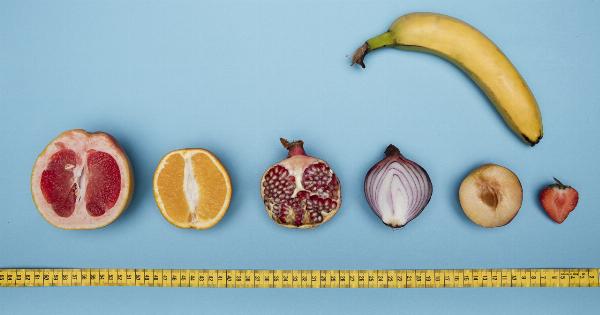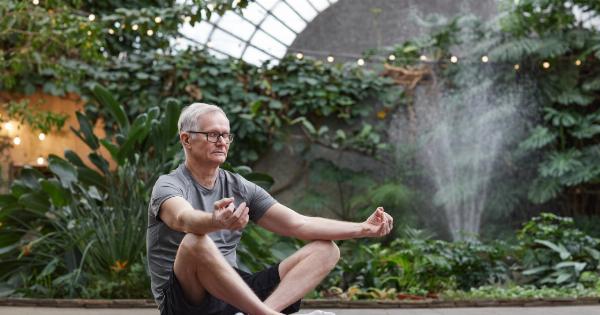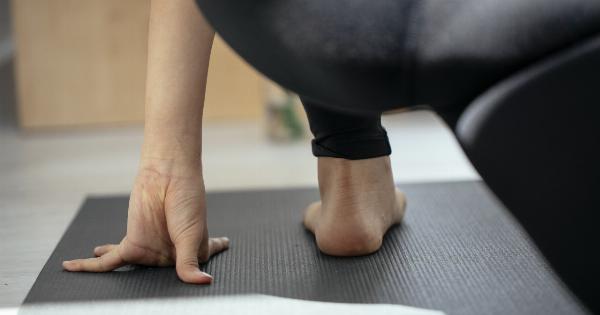Age is a fascinating concept that has both a biological and a subjective dimension.
While biological age is determined by the number of years a person has lived, how someone feels emotionally and mentally may not always align with their chronological age. In this article, we will explore the differences between real age and how one feels, and how these perceptions can impact our overall well-being.
The Biological Aspects of Age
Biological age refers to the actual number of years a person has been alive since birth. It takes into account various factors, including developmental milestones, physical changes, and overall health.
As we grow older, our bodies experience natural aging processes such as wrinkling of the skin, greying hair, and a decrease in muscle mass.
Advancements in medical science have allowed us to understand the effects of aging on our bodies at a cellular level. Telomeres, the protective caps at the ends of our chromosomes, shorten as we age.
The rate of telomere shortening is influenced by various factors including genetics, lifestyle choices, and environmental exposures. This shortening is associated with increased susceptibility to age-related diseases and a decline in overall health.
Perception of Age
While biological age is fixed and objectively measurable, how one feels emotionally and mentally can vary significantly from person to person. It is not uncommon to come across individuals who appear younger or older than their chronological age.
Factors such as genetics, lifestyle choices, and attitude can contribute to how we perceive our own age. For example, a person who exercises regularly, eats a balanced diet, and maintains a positive mindset may feel younger than their actual age.
On the other hand, individuals who lead sedentary lives, have poor dietary habits, or experience high levels of stress may feel older than they truly are.
The Influence of Lifestyle
Lifestyle choices play a significant role in determining how we feel as we age. Regular physical activity has been shown to have numerous benefits for physical and mental well-being.
Exercise helps maintain muscle strength, flexibility, and cardiovascular health, all of which contribute to a more youthful feeling. Additionally, engaging in activities that challenge the mind, such as learning new skills or pursuing hobbies, can contribute to cognitive vitality.
A balanced diet rich in fruits, vegetables, whole grains, and lean proteins provides the necessary nutrients for optimal functioning.
In contrast, a diet high in processed foods, unhealthy fats, and excess sugar can lead to weight gain, low energy levels, and a general feeling of being older than one’s years.
The role of stress and its impact on our perception of age should not be underestimated. Chronic stress can have detrimental effects on the body, including accelerated aging at a cellular level.
Finding effective ways to manage stress, such as through mindfulness practices or relaxation techniques, can contribute to a more positive outlook and a younger feeling overall.
Psychological Perspectives
Age perception also has a psychological aspect. Some individuals may feel younger due to a vibrant social life, fulfilling relationships, or a strong sense of purpose.
Conversely, those who may feel isolated, have unfulfilled dreams, or lack a sense of direction could experience a discrepancy between their chronological age and how they feel.
Psychological research has identified certain cognitive biases that can influence how we perceive our age.
For example, the “positivity bias” suggests that as we age, we tend to remember positive experiences more vividly and filter out negative memories. This bias can contribute to a more positive outlook and a feeling of youthfulness.
The impact of societal expectations and stereotypes regarding age should not be overlooked. Cultural norms and media portrayals often associate aging with decline or limitations.
These societal pressures can influence our perception of age and contribute to feelings of inadequacy or a desire to appear younger than we are.
Embracing Aging: The Importance of Mindset
While it is natural to strive for optimal health and well-being at any age, the quest for eternal youth can be counterproductive.
Embracing the aging process and cultivating a positive mindset can lead to a more fulfilling and authentic experience of life.
Research suggests that individuals with a positive attitude towards aging tend to have better physical and mental health outcomes.
They are more likely to engage in healthy behaviors, have a stronger social support network, and experience a higher quality of life. Accepting and adapting to the physical changes that come with age allows for personal growth and a deeper sense of self-awareness.
The Importance of a Holistic Approach
In conclusion, age is a multifaceted concept that goes beyond the biological aspect of chronology. While we cannot control the passage of time, we can influence how we feel and perceive our age through lifestyle choices, mindset, and overall well-being.
Taking a holistic approach that addresses the physical, mental, and emotional aspects of aging can lead to a more fulfilling and vibrant life at any stage.





























